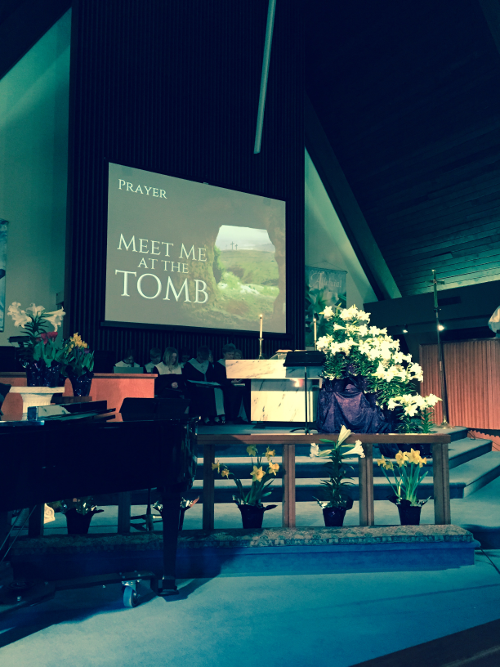One of the most crucial issues in the fight for digital freedom is the question of who will control the hardware that you have in your home, in your pocket, or in your own body.
Monthly Archives: January 2016
Between Openness and Privacy in Genomics
With the prospect of genomic data becoming ever more easily available, Effy Vayena and Urs Gasser discuss how we could balance making the most of its benefits with reducing its risks to privacy.
The Argument Against Copyright in Legal Codes
This week, the Harvard Law School Cyberlaw Clinic, on behalf of a group of esteemed law scholars, filed an amicus brief (pdf) in the United States District Court for the District of Columbia in American Society for Testing and Materials (ASTM) v. Public.Resource.org.
Amici argue in the brief that model codes incorporated into law are not, and should not be, copyrightable.
Source: Clinic Works w/Law Scholars to Argue Against Copyright in Legal Codes
“One D*mn Slide After Anotherâ€: PowerPoint at Every Occasion for Speech : Computational Culture
“PowerPoint provides a common infrastructure, a template for the organization of speech, and for the logic of argumentation. As such, it shapes and produces the world. Nevertheless, the application has been almost entirely unremarked upon by critical scholars of media, technology, and the digital humanities. Why? Despite extraordinary claims about the total domination of algorithms, protocols, the digital, bits, and information, the material conditions of mundane software use go largely under-recognized as key sites for cultural work. Where, for example are the books about tax software, bug databases, or personal calendaring applications?”
Source: “One D*mn Slide After Anotherâ€: PowerPoint at Every Occasion for Speech : Computational Culture
The spreading of misinformation online
![]()
The wide availability of user-provided content in online social media facilitates the aggregation of people around common interests, worldviews, and narratives. However, the World Wide Web (WWW) also allows for the rapid dissemination of unsubstantiated rumors and conspiracy theories that often elicit rapid, large, but naive social responses.
PDF here: http://www.pnas.org/content/113/3/554.full.pdf
via Proceedings of the National Academy of Sciences of the United States of America


